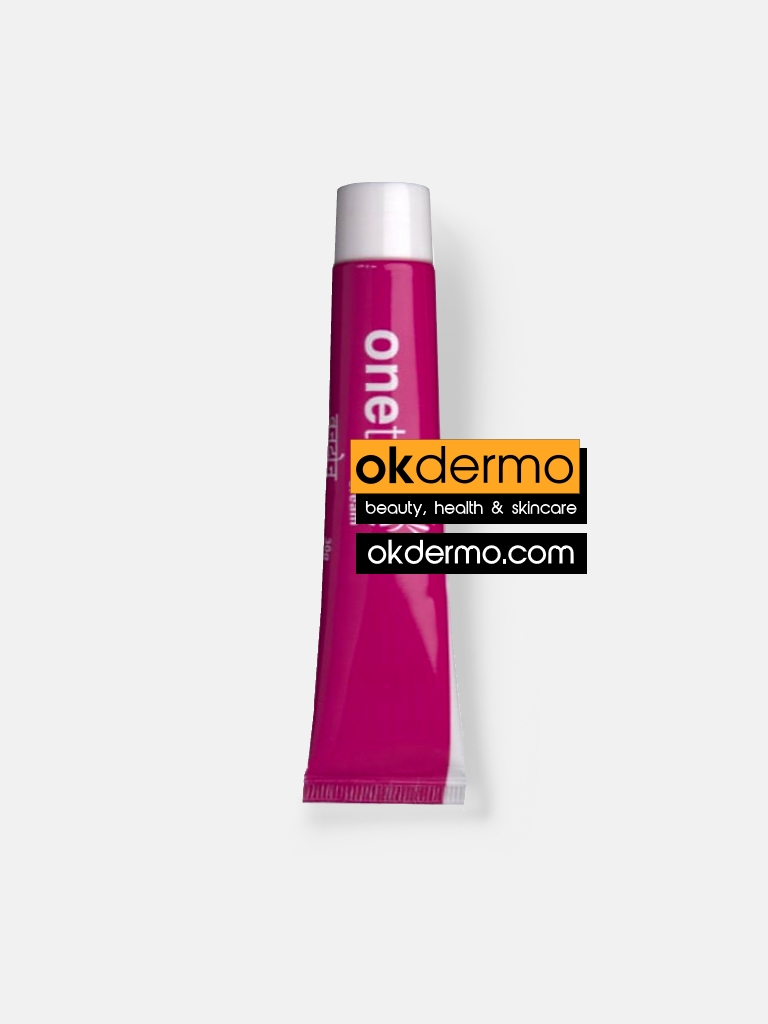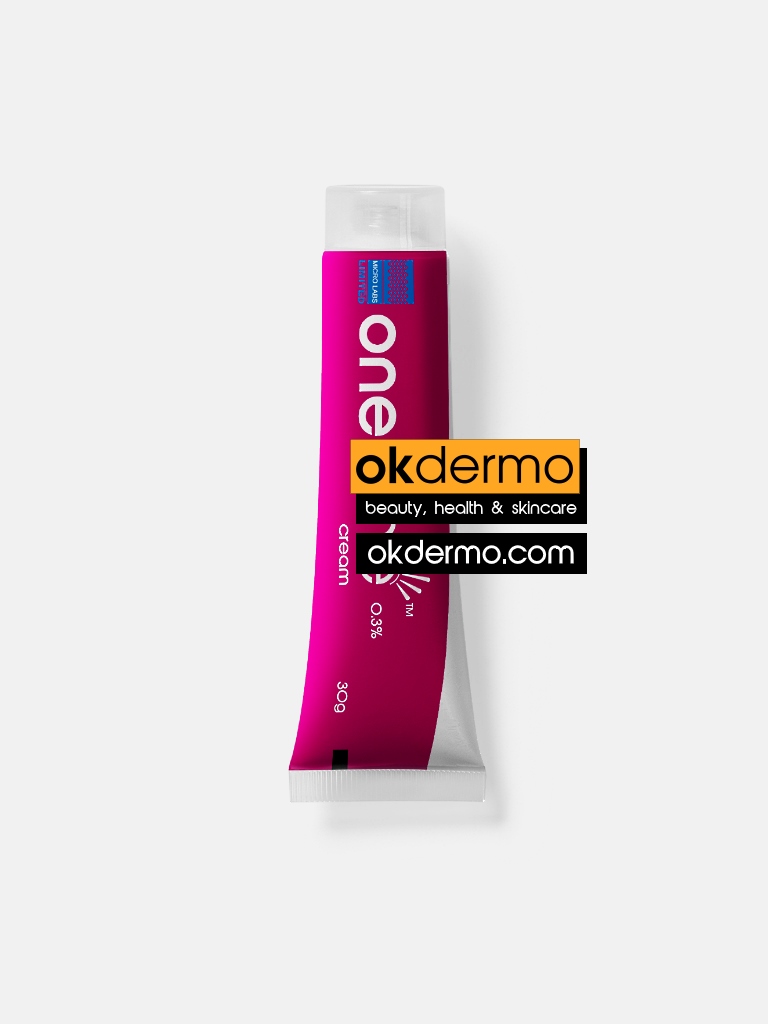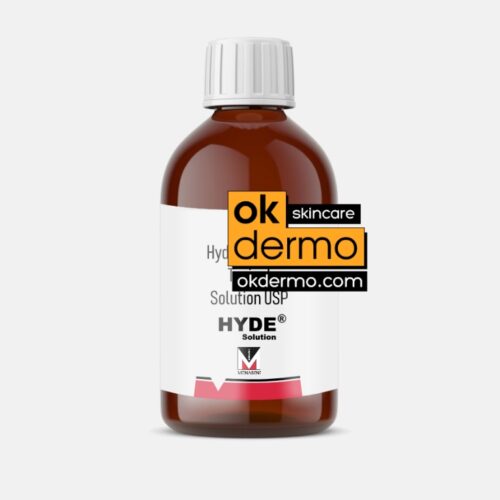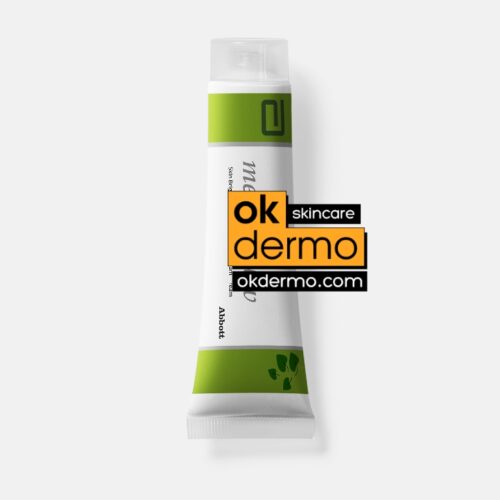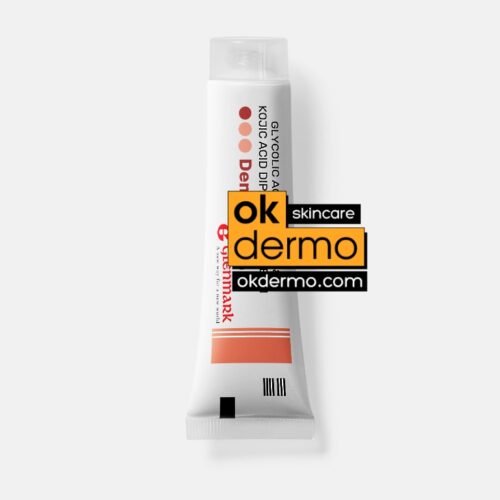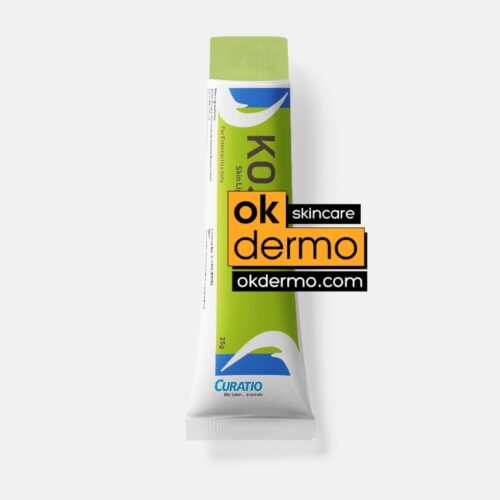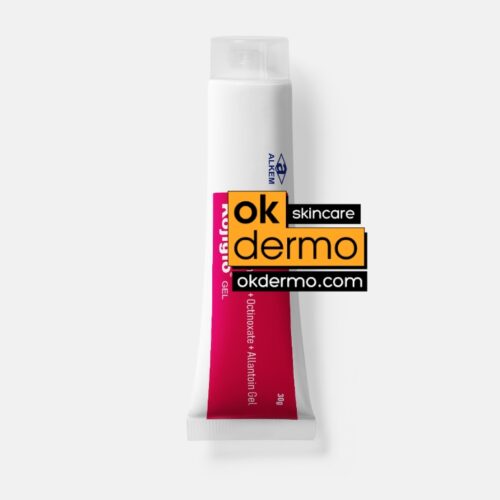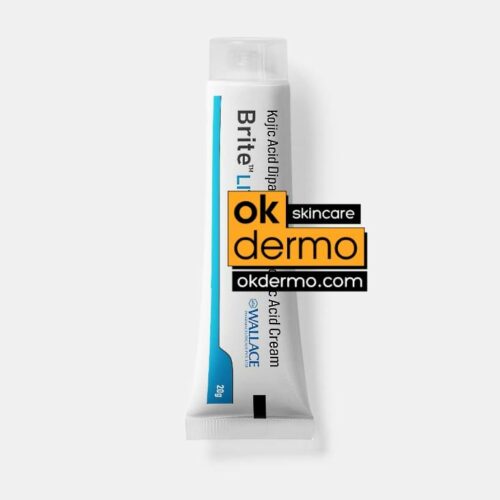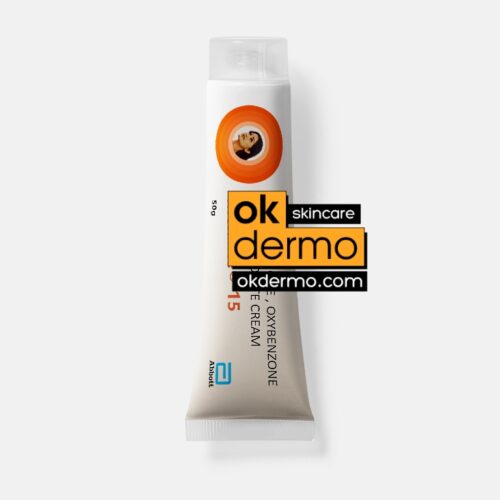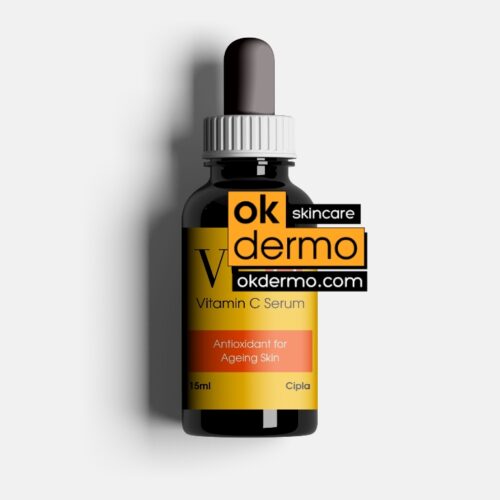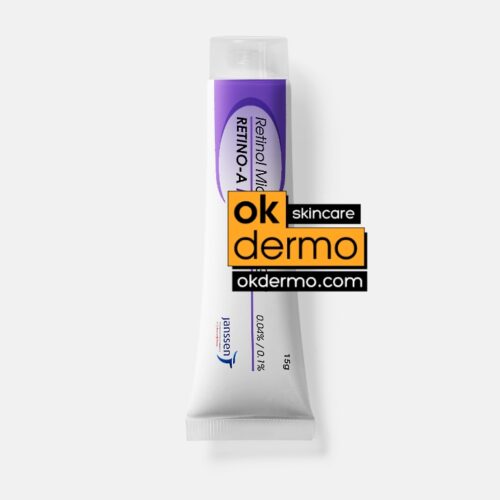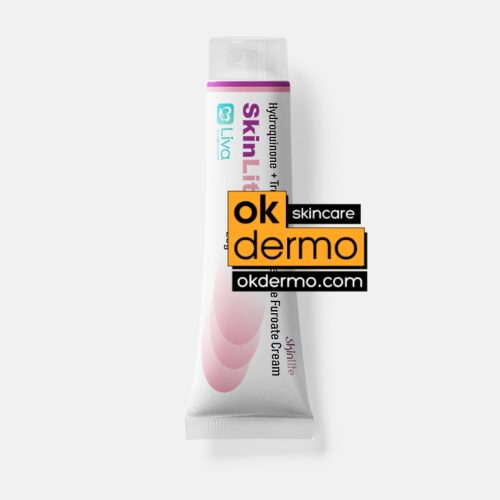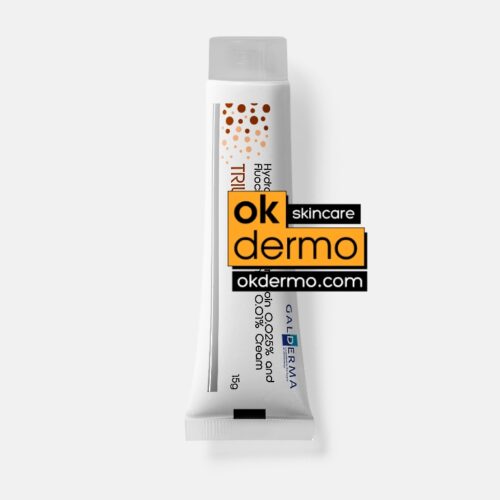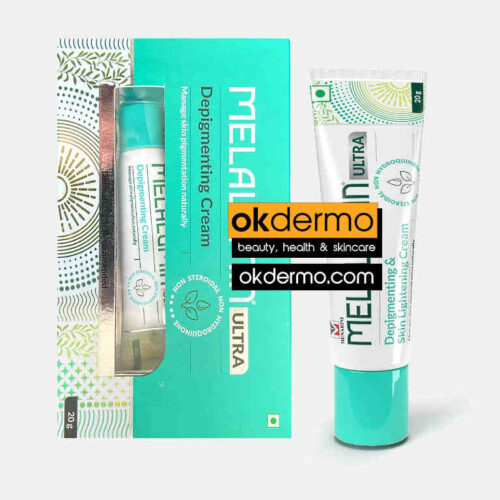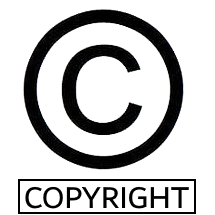Description
What is 4-n-Butylresorcinol 0.3% | Rucinol Cream Onetone®
Onetone® is a rare and highly-effective cream among resorcinol products which is manufactured by reputable Micro Labs. The cream contains the main ingredient 4-n-butylresorcinol 0.3% aka b-Resorcinol which showed rapid efficacy and it was well tolerated when used for the treatment of melasma. Also known as Rucinol (4-n-butylresorcinol) is a synthetic compound and is used as a skin whitening agent. A field of application is for the treatment of hyperpigmentation. Hyperpigmentation is caused by a punctually increased production of the body’s own skin pigment melanin, such as lentigo or age spots. 4-n-butylresorcinol, which is a resorcinol derivative that has an inhibitory effect on both tyrosinase and tyrosinase-related protein-1, was introduced in 1995 and it has received increasing attention as a new hypopigmenting agent.
The drug, which was developed in Japan for more than ten years, aims to break down melanin production by inhibiting two enzymes required for melanin synthesis (melanogenesis): tyrosinase and TRP-1. Thus, the melanin production is generally inhibited first, then the production of black melanin, which is responsible for the intense coloration of the pigment spots, specifically blocked.
The result of the double intervention in the hyperpigmentation is a complete discoloration of the pigment spots. The effect of rucinol on melanin production should be about 100 times stronger than that of hydroquinone and more than five times more potent than that of kojic acid.
Melasma treatment with 4-n-butylresorcinol 0.3% (b-resorcinol)
Melasma is an acquired hyperpigmentary disorder that shows a symmetric distribution on sun-exposed areas, and it is predominantly seen on the face. It is common in women of child-bearing age. Sun exposure, oral contraceptive pills, pregnancy, endocrine dysfunction, and a genetic predisposition have all been implicated in the etiology of melasma. Among these, exposure to ultraviolet radiation is thought to be the most important factor.
It is well known that tyrosinase plays key role in melanogenesis as it regulates the rate-limiting step of melanogenesis. Thus, tyrosinase inhibition is one of the major strategies when developing new hypopigmenting agents. The most commercially available hypopigmenting agents include tyrosinase inhibitors as the major active ingredients. Hydroquinone, kojic acid and arbutin are most commonly used and often used in combination with other therapies such as retinoic acid, topical corticosteroids or laser treatment to achieve a synergistic effect.
In 1995, reported that 4-n-Butyl Resorcinol has an inhibitory effect on the melanogenesis of cultured B16 melanoma cells by its direct inhibition of tyrosinase activity, as well as the suppression of tyrosinase synthesis, without inducing any cytotoxicity. Since then, further in vitro studies have demonstrated that 4-n-butylresorcinol inhibits melanin production as well as the activity of both tyrosinase and tyrosinase-related protein-1 (TRP-1).
Despite the increasing attention paid to this agent, only a few clinical trials have demonstrated the hypopigmenting effect of 4-n-butylresorcinol5. In addition, skin irritation can be induced by 4-n-butylresorcinol, which is a resorcinol derivative, and particularly when it is applied in high concentrations. Among the various methods, a lower concentration of 4-n-butylresorcinol can be used to decrease the chance of skin irritation. The aim of this study was to investigate the hypopigmenting efficacy and safety of 4-n-butylresorcinol 0.1% cream for the treatment of melasma.
The results showed that a reduced concentration of 4-n-butylresorcinol can be safely used for the treatment of melasma. Moreover, 4-n-butylresorcinol 0.3% enabled equally effective treatment or even more effective treatment in a shorter duration, as compared with that of the previous studies. In conclusion, 4-n-butylresorcinol 0.3% cream showed significant efficacy as compared with vehicle alone and it showed good tolerability for the treatment of melasma.
Brand name:
Rexsol, Achromin, Noreva, Iklen, Lucinol, Rucinol, Butylresorcinol

